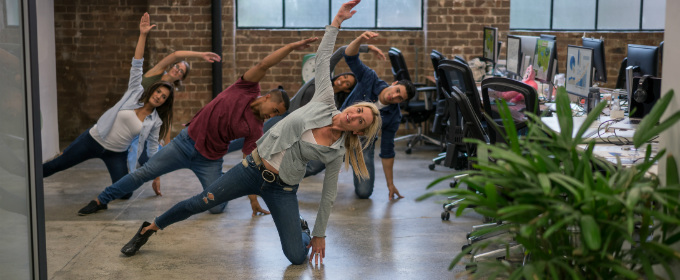The outbreak of the COVID-19 crisis has raised concerns about its impact on precarious and vulnerable workers when most of them have been at the front line during the crisis and their work has been revealed as essential. Dr Marti Lopez-Andreu, from the Work and Equalities Institute, investigates some of these key workers in areas […]








